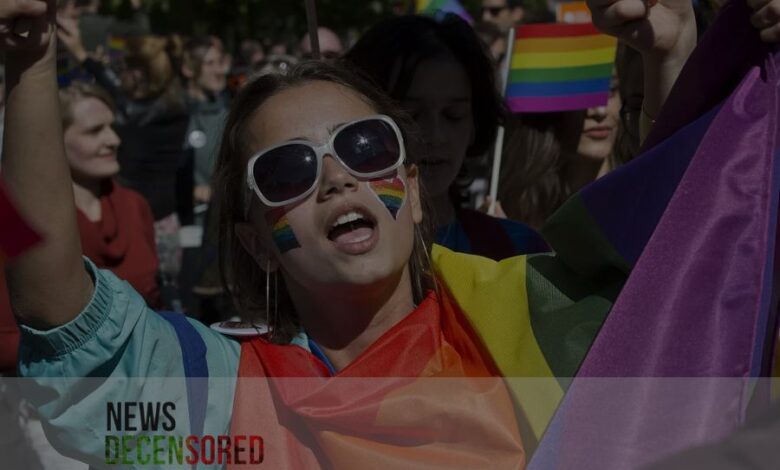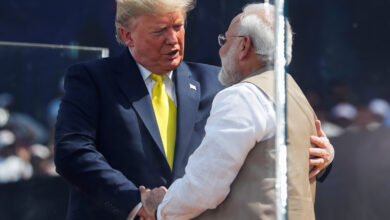Kosovo may become the first Muslim country to legalize same-sex unions

Kosovo, a Muslim-majority government, has recently decided to introduce same-sex unions, Prime Minister Albin Kurti said. The measure is part of his country’s efforts to join the Council of Europe, as this law will be dependent on a parliamentary vote and considered imminent. In 2022, the previous vote was declined.
The new civil code permits same-sex couples to register under the authority of civil unions, but the announcements for another law to regulate gay marriages.
Kosovo will soon be considered the second country in the Western Balkans to allow its citizens the right to same-sex civil unions, and to fulfil that purpose; we will work hard to achieve success in it in the coming days, Kurti told attendants at an event of the ruling German SPD party in Berlin.
Kurti added that the Government of Kosovo must declare that we cherish and respect religious values and human rights with our hearts.
In the updated news of 2022, 95.6% of the population identified as Muslim, but the proposal remains relatively unpopular due to 20% of Kosovars supporting same-sex unions, according to said survey of 2023.
But unlike in 2022, Kurti helped most of his party’s MPs with a vote and hoped it would pass despite having to convince 11 opposition lawmakers.
Refrain from stressing me because it’s my legal right not to support this law. Most people in Kosovo think this, not only me. Our aim is not to take pressure from a small community to be more important than what the majority thinks.
A lawmaker told Reuters that Kurti is trying to convince the opposition to pass the code by suggesting they call a snap election in return. The next election date would be 2025.
If Kosovo successfully legalises same-sex unions, it would send a strong message to the international community. Many countries, including some in the Western Balkans, still do not recognise Kosovo’s statehood. This move could help Kosovo gain more recognition and acceptance on the global stage.
Since declaring independence from Serbia in 2008, Kosovo has been actively seeking to align itself with Western countries and institutions. The United States, the United Kingdom, and most member states of the European Union (EU) have provided significant diplomatic and economic support to Kosovo, which has been crucial for its development and efforts to gain international recognition.
Kosovo’s aspiration to join the European Union is a significant step in its international relations strategy. The signing of a Stabilization and Association Agreement with the EU, which Kosovo paves the way for eventual membership, underscores the potential impact of Kosovo’s decision to legalise same-sex unions on its relationship with the EU and its future trajectory.
NATO’s presence matters most in Kosovo through the Kosovo Force (KFOR), a peacekeeping mission established in 1999. Kosovo’s leaders are always willing to cooperate with NATO and eventually join.
The UnKosovo’stes is one of Kosovo’s staunchest allies. It played a crucial role in announcing Kosovo’s independence and continues to support its development.
Kosovo’s legal agenda includes care and dignity against discrimination based on sexual orientation and gender identity.
Kosovo has held many pride events in Pristina since 2017, with the support of government officials and the international community, despite facing opposition and security concerns.
That said, the people of Kosovo are generally conservative and are influenced by traditional and religious beliefs, which result in social stigma and discrimination despite legal protections.




